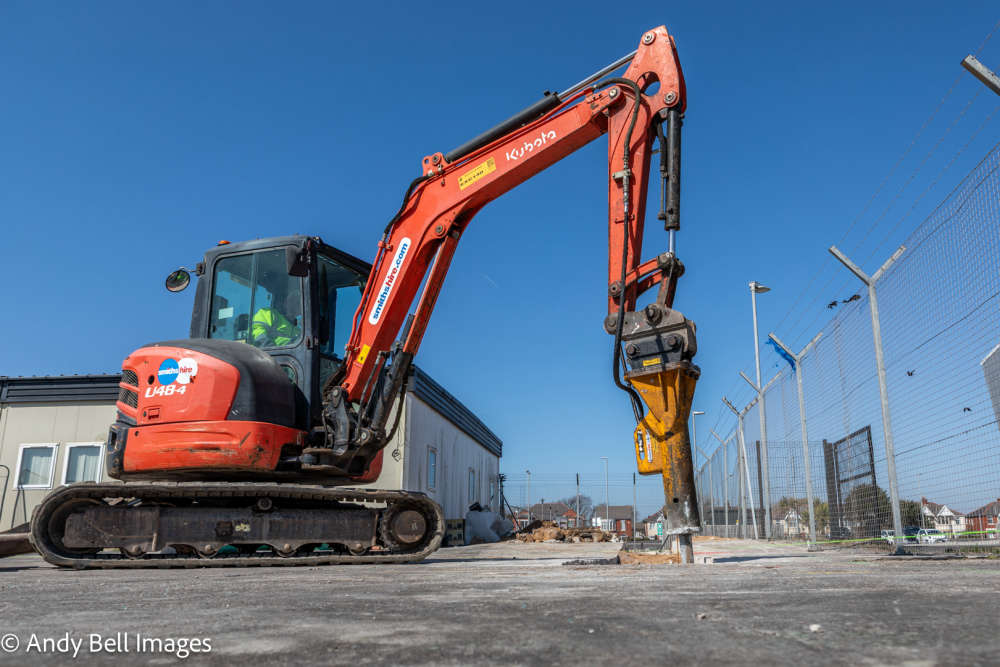
An action plan has been drawn up warning young people in Blackpool of the dangers of vaping after a study found nearly a third of young people questioned in the town owned up to using electronic cigarettes.
While a national survey in 2022 found the number of children and young people vaping was seven per cent, research in Blackpool found the figure locally to be much higher at around 31 per cent.
While vaping is known to be less harmful than smoking tobacco, the long-term impact of the habit remains uncertain.
Now health champion Healthwatch, which carried out the survey in Blackpool, has taken action to provide schools in the resort with vape awareness training and lesson plans for staff.
A report to a meeting of the council’s Levelling Up Scrutiny Committee also says Healthwatch is “creating a bespoke lesson plan to address the myth that vaping helps with anxiety.”
Other measures set out in the report include ensuring the message about the health risks of vaping are delivered in a way which will have most impact with young people.
This includes using discussion groups, digital platforms, social media and video channels such as Tik Tok “allowing young people to easily share, engage, and amplify the anti-vaping message”.
The 2023 Blackpool Healthwatch report engaged with more than 4,170 children and young people, with 3,532 participating in a survey which found 31 per cent of those who responded vaped or sometimes vaped.
Of those who vape or sometimes vape, 42 per cent had vaped for one to two years and 20 per cent had vaped for six to 12 months. Forty per cent of those who vape do so daily, and 75 per cent of those who vape use disposables vapes.
A campaign was run by the council in 2023 to clamp down on shops illegally selling vaping products to under age customers.
Ten premises were visited by a 15-year-old girl who attempted to buy e-cigarettes containing nicotine, with none asking her for proof of age.
The visits were part of a test purchasing exercise, led by the council’s Trading Standards team, which resulted in a 100 per cent failure rate. Visits to the same shops in February this year produced a 70 per cent pass rate.



 Appeal after man dies in Lytham collision
Appeal after man dies in Lytham collision
 Suspected arson attack destroys derelict church building in Thornton
Suspected arson attack destroys derelict church building in Thornton
 Tattoo Hygiene Rating Scheme helps residents to make informed choices
Tattoo Hygiene Rating Scheme helps residents to make informed choices
 Plans revealed for new rides at South Pier
Plans revealed for new rides at South Pier
 £4m to be spent on Blackpool bus service improvements
£4m to be spent on Blackpool bus service improvements
 Blackpool business academies to continue for an additional year
Blackpool business academies to continue for an additional year
 New car park branded a ‘tarmac desert’
New car park branded a ‘tarmac desert’
 Work begins on new passenger terminal at Blackpool Airport
Work begins on new passenger terminal at Blackpool Airport




